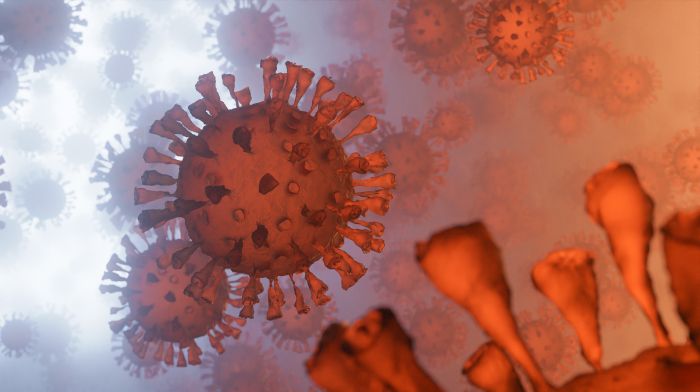Persons with immune dysfunction have a higher risk for severe COVID-19 outcomes. However, these patients were largely excluded from SARS-CoV-2 vaccine clinical trials, creating a large evidence gap. Sun, et al. (2021) sought to identify the incidence rate and incidence rate ratio (IRR) for COVID-19 breakthrough infection after SARS-CoV-2 vaccination among persons with or without immune dysfunction.
This retrospective cohort study analyzed data from the National COVID Cohort Collaborative (N3C), a partnership that developed a secure, centralized electronic medical record–based repository of COVID-19 clinical data from academic medical centers across the US. Persons who received at least 1 dose of a SARS-CoV-2 vaccine between Dec. 10, 2020, and Sept.16, 2021, were included in the sample.
A total of 664,722 patients in the N3C sample were included. These patients had a median (IQR) age of 51 (34-66) years and were predominantly women (n = 378 307 [56.9%]). Overall, the incidence rate for COVID-19 breakthrough infection was 5.0 per 1000 person-months among fully vaccinated persons but was higher after the Delta variant became the dominant SARS-CoV-2 strain (incidence rate before vs after June 20, 2021, 2.2 [95% CI, 2.2-2.2] vs 7.3 [95% CI, 7.3-7.4] per 1000 person-months). Compared with partial vaccination, full vaccination was associated with a 28% reduced risk for breakthrough infection (adjusted IRR [AIRR], 0.72; 95% CI, 0.68-0.76). People with a breakthrough infection after full vaccination were more likely to be older and women. People with HIV infection (AIRR, 1.33; 95% CI, 1.18-1.49), rheumatoid arthritis (AIRR, 1.20; 95% CI, 1.09-1.32), and solid organ transplant (AIRR, 2.16; 95% CI, 1.96-2.38) had a higher rate of breakthrough infection.
This cohort study found that full vaccination was associated with reduced risk of COVID-19 breakthrough infection, regardless of the immune status of patients. Despite full vaccination, persons with immune dysfunction had substantially higher risk for COVID-19 breakthrough infection than those without such a condition. For persons with immune dysfunction, continued use of nonpharmaceutical interventions (e.g., mask wearing) and alternative vaccine strategies (e.g., additional doses or immunogenicity testing) are recommended even after full vaccination.
Reference: Sun J, et al. Association Between Immune Dysfunction and COVID-19 Breakthrough Infection After SARS-CoV-2 Vaccination in the US. JAMA Intern Med. Published online December 28, 2021. doi:10.1001/jamainternmed.2021.7024
